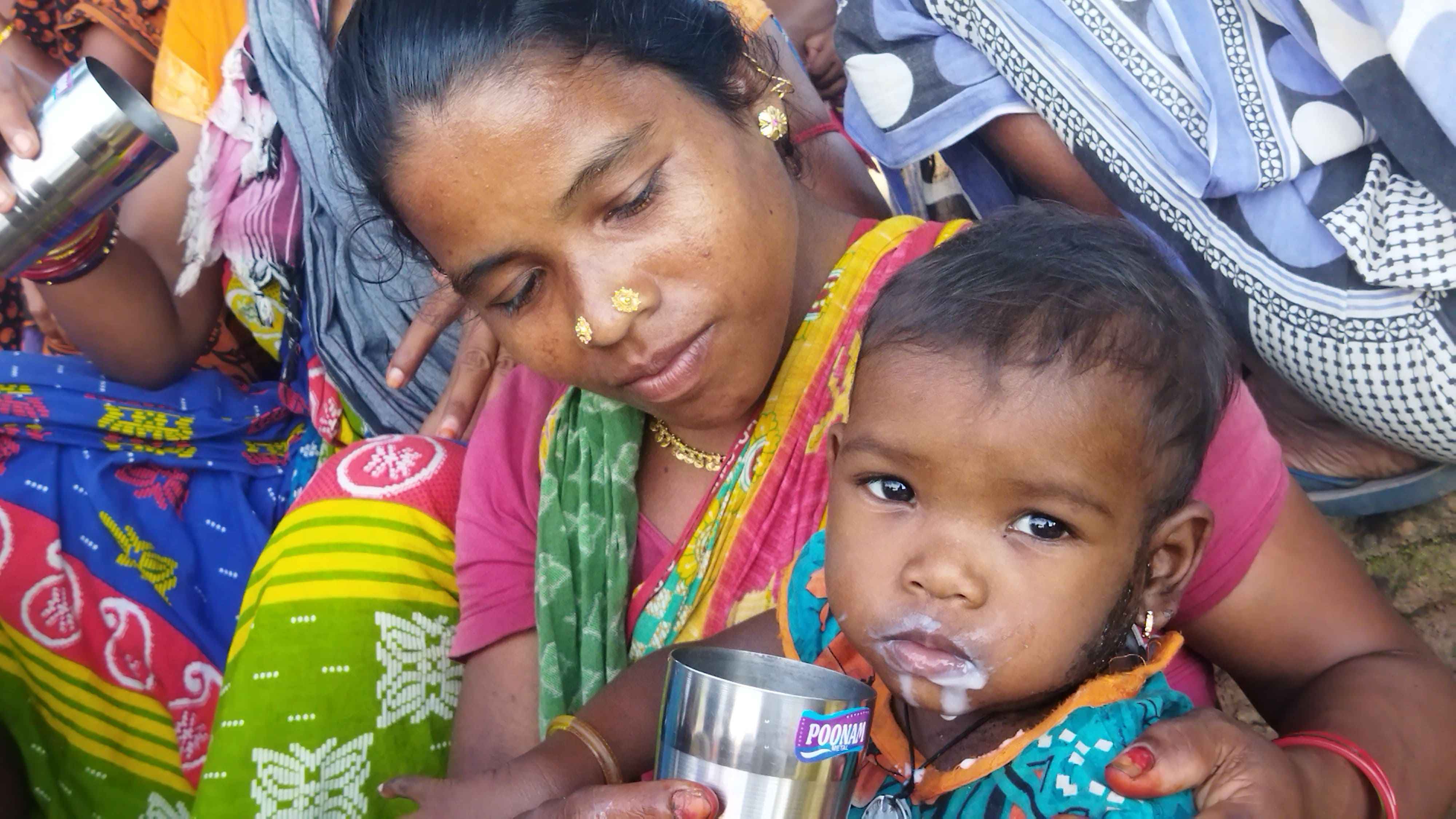Activity
Nutrition and Food Security – addressing malnutrition, anemia, and promoting nutrition gardens

To address malnutrition and anemia, efforts focused on malnourished children, pregnant women, and lactating mothers. Anemia prevention was prioritized through iron and folic acid supplementation, nutrition education, and the promotion of dietary diversity, delivered via health camps, community meetings, and outreach programs. To combat food insecurity, sustainable agricultural practices and kitchen gardens were promoted, enabling families to grow their own nutritious food and enhance dietary diversity. Community members were trained on the benefits of diverse, homegrown produce such as leafy greens, legumes, fruits, and nutrient-rich traditional grains. Millets, being climate-resilient and locally available, played a key role in improving both dietary diversity and food security. Special emphasis was placed on providing nutritious food to children in remote villages with limited access to quality meals. Through community-based programs, regular nutritious meals were ensured to support childrens growth and development while strengthening household resilience against food insecurity. Guidance on proper food storage, preservation, and preparation techniques was provided through workshops and awareness programs, enabling families to maintain a balanced diet year-round. This holistic approach aimed at building long-term self-reliance, reducing malnutrition, and improving health outcomes for women and children while revitalizing traditional, sustainable food systems.
 SEBAJAGAT
SEBAJAGAT
